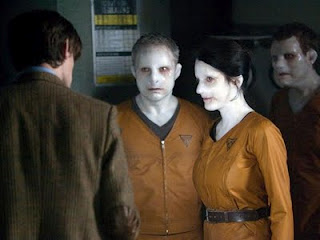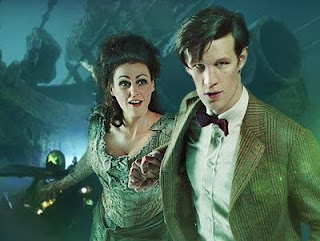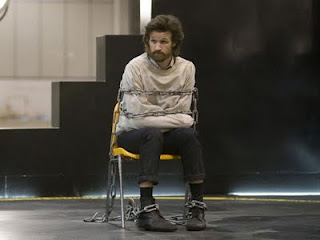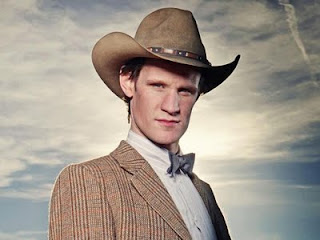In my last article, I tried to rescue science-fantasy from the dumpster of “soft” sci-fi and restore it to its rightful place as an equal but contrasting genre with its roots in traditional folklore. But this “science-as-magic” approach to storytelling is not confined to modern space operas.
Evil spirits, monsters, ghosts, the undead, fatal curses, mysterious powers… Of all genres, horror has the clearest links to the folklore and fairytales of the past and still relies heavily on supernatural tropes to drive its stories. And yet, just as with science-fantasy, the genre has been undergoing a secular revolution in the last handful of decades.
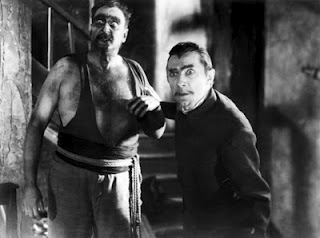 |
| Bela Lugosi (and friend) in 1932’s “White Zombie” |
Take zombies, for example. Throughout the first half of the 20th Century they stuck pretty closely to their Voodoo origins. A powerful, charismatic but ultimately malevolent figure uses black magic to raise a workforce of mindless slaves (sometimes living drones, sometimes re-animated corpses) in an attempt to further his power over society. At the same time, he usually pursues a beautiful and virtuous young woman who resists his advances until she too succumbs to the zombie curse and has to be rescued (or dispatched) by the heroes.
In such scenarios, the zombies are little more than a psychological threat while the true danger is posed by the zombie master himself (it’s always a man – has there ever been a zombie mistress?) whose role is to remind us that even the strongest will and most upright morals can be undermined and usurped. (Not unlike the character of Dracula. Is it a coincidence that Bella Lugosi was cast in 1933’s White Zombie?)
Continue reading →

